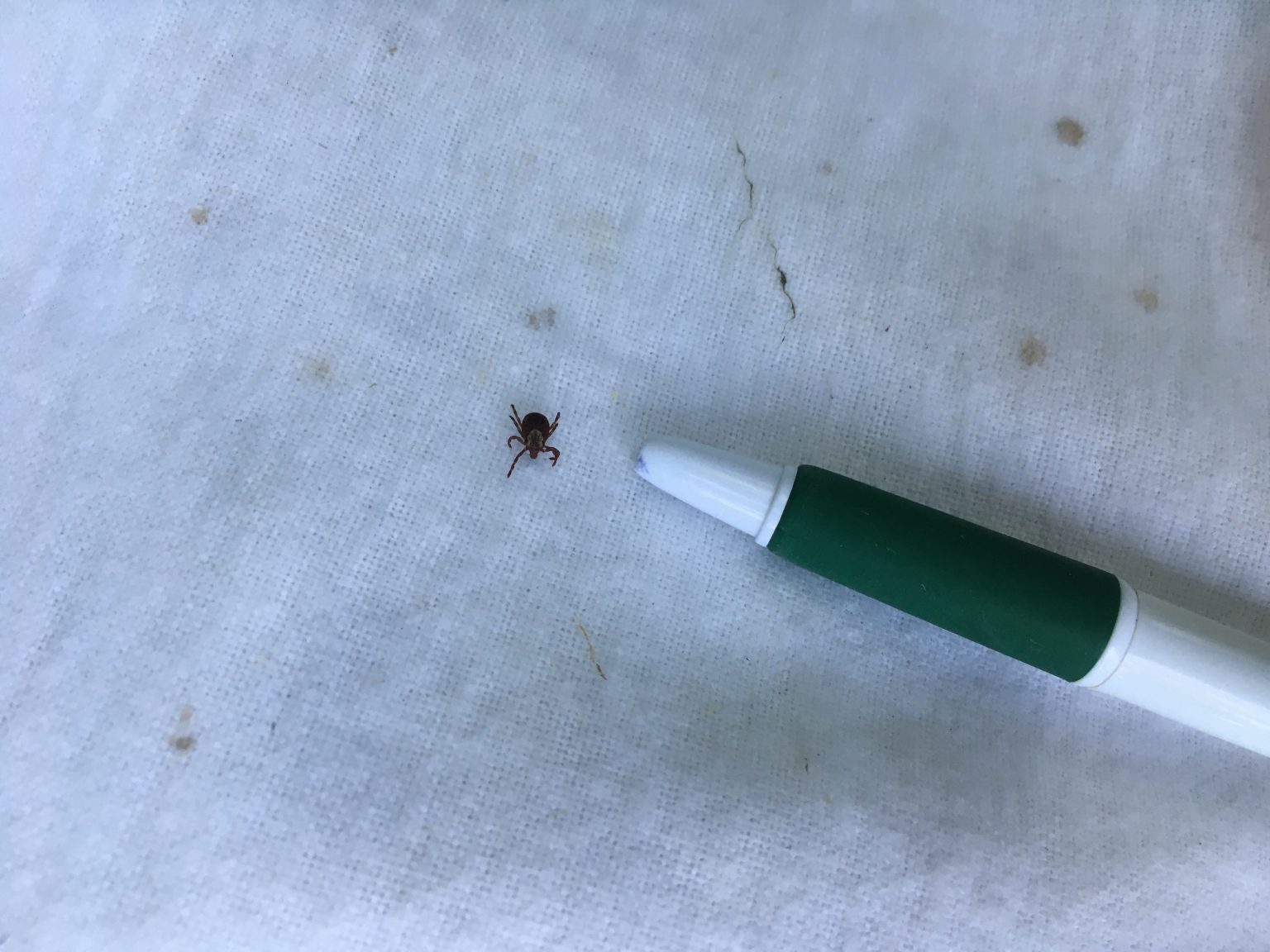Hey there, globetrotters and wanderlusters! Let’s talk about something that might just be crawling under your radar—tickzoo. Yep, you heard it right. Tickzoo isn’t just a fun-sounding word; it’s a fascinating concept that blends nature, science, and travel into one tiny yet mighty package. Whether you’re a wildlife enthusiast or someone who’s simply curious about the little things in life, tickzoo has got you covered. So, buckle up, because we’re diving deep into this microscopic adventure. You won’t believe what these tiny creatures can teach us about the world!
Now, you might be wondering—what exactly is tickzoo? Well, let me break it down for you. Tickzoo refers to the growing awareness and understanding of ticks as both a threat and an intriguing part of the ecosystem. These little critters might not be the first thing that comes to mind when you think of travel companions, but trust me, they play a significant role in our outdoor adventures. From hiking trails to camping spots, ticks are everywhere, and knowing how to deal with them is crucial for any traveler.
But here’s the kicker—tickzoo isn’t all doom and gloom. It’s also about appreciating the biodiversity these creatures represent. They’re a vital part of the food chain, and studying them can unlock secrets about climate change, animal behavior, and even human health. So, whether you’re a nature nerd or just someone who wants to stay safe during their next hike, this article has got everything you need to know about tickzoo. Let’s get started!
- All Ullu Web Series A Deep Dive Into The Sensational World Of Edgy Entertainment
- Movierulz Romance Your Ultimate Guide To Streaming Romantic Movies
What Exactly is TickZoo?
Tickzoo is more than just a buzzword; it’s a movement. It’s about understanding the role ticks play in our environment and how we can coexist with them. Ticks might seem like pests, but they’re actually a crucial part of the ecosystem. They serve as food for countless animals, help regulate insect populations, and even provide valuable insights into disease transmission. In short, tickzoo is all about embracing the complexity of nature—even the parts that make us squirm.
Here’s the deal: ticks aren’t just random bugs. They’re highly specialized creatures that have evolved over millions of years to survive in some of the harshest environments on the planet. From the forests of North America to the grasslands of Africa, ticks are everywhere. And while they might carry diseases like Lyme or tick-borne encephalitis, they also play a vital role in keeping ecosystems balanced.
Why Should You Care About TickZoo?
Let’s face it—most people don’t think twice about ticks until they find one latched onto their skin. But here’s the thing: ticks aren’t just a personal health issue; they’re a global one. The rise in tick populations due to climate change, deforestation, and urbanization means that more people are coming into contact with these tiny creatures than ever before. That’s where tickzoo comes in.
- Vega Movies Your Ultimate Destination For Cinematic Adventures
- Ullu Web Series Online Watching The Ultimate Guide For Bingewatching
By learning about tickzoo, you’re not just protecting yourself—you’re also contributing to a larger conversation about biodiversity and conservation. Ticks might be small, but their impact is massive. They affect everything from livestock to wildlife, and understanding them is key to maintaining healthy ecosystems.
TickZoo and Its Impact on Human Health
Okay, let’s talk about the elephant—or should I say tick—in the room. Ticks can carry a variety of diseases that affect humans, and that’s where tickzoo becomes especially relevant. Diseases like Lyme, Rocky Mountain spotted fever, and babesiosis are all transmitted by ticks, and they’re becoming more common as tick populations expand.
But here’s the good news: tickzoo isn’t just about spreading fear. It’s about spreading awareness. By educating yourself and others about tick-borne diseases, you can take steps to prevent them. Simple things like wearing long sleeves, using insect repellent, and checking your body after outdoor activities can make a huge difference.
Top Tick-Borne Diseases to Watch Out For
- Lyme Disease: The most common tick-borne illness in the US, Lyme disease can cause flu-like symptoms, fatigue, and even long-term neurological issues if left untreated.
- Rocky Mountain Spotted Fever: A serious illness that can lead to hospitalization if not caught early, RMSF is characterized by a rash, fever, and headache.
- Babesiosis: Often mistaken for malaria, babesiosis affects red blood cells and can cause fever, chills, and body aches.
These diseases might sound scary, but remember—knowledge is power. By staying informed about tickzoo, you can take proactive steps to protect yourself and your loved ones.
Understanding TickZoo Through Science
Now, let’s dive into the science behind tickzoo. Ticks are fascinating creatures with some seriously impressive adaptations. Did you know that ticks can survive without food for up to two years? Or that they use a special protein called “salivary cement” to stay attached to their hosts? Yeah, they’re basically nature’s version of super glue.
Scientists are studying ticks like never before, and what they’re discovering is mind-blowing. From developing new vaccines to understanding how ticks transmit diseases, researchers are making strides in tickzoo research every day. And the best part? These discoveries aren’t just helping humans—they’re also benefiting wildlife and ecosystems as a whole.
The Role of Ticks in the Ecosystem
Ticks might not be the cutest creatures on the planet, but they’re definitely some of the most important. They serve as a food source for countless animals, from birds to reptiles, and help keep insect populations in check. Without ticks, ecosystems would be out of balance, and that’s a problem for everyone.
So, the next time you see a tick, take a moment to appreciate its role in the grand scheme of things. Sure, it might be creepy, but it’s also a vital part of the ecosystem. Tickzoo is all about embracing that complexity and learning to live alongside these fascinating creatures.
TickZoo and Climate Change
Climate change is having a huge impact on tick populations, and that’s where tickzoo becomes especially relevant. Warmer temperatures, shorter winters, and changing rainfall patterns are all contributing to the spread of ticks into new areas. This means that more people are coming into contact with ticks than ever before, and that’s a cause for concern.
But here’s the silver lining: by studying tickzoo, scientists can gain valuable insights into how climate change is affecting ecosystems. Ticks are incredibly sensitive to environmental changes, which makes them perfect indicators of shifting weather patterns. By monitoring tick populations, researchers can predict where diseases might spread next and take steps to prevent outbreaks.
How Climate Change is Affecting Tick Populations
- Warmer Winters: Milder winters mean that ticks can survive longer, leading to larger populations.
- Changing Rainfall Patterns: Ticks thrive in moist environments, so increased rainfall can lead to population booms.
- Urbanization: As cities expand into natural habitats, humans are coming into closer contact with ticks.
These changes might seem small, but they’re having a big impact on tick populations—and that’s where tickzoo becomes crucial. By staying informed about these trends, you can take steps to protect yourself and your community.
TickZoo and Wildlife Conservation
Ticks aren’t just a human health issue—they’re also a wildlife conservation issue. Many animals, from deer to birds, rely on ticks as a food source. But as tick populations grow, so do the risks of disease transmission. That’s why tickzoo is such an important concept for conservationists.
By studying tickzoo, researchers can gain insights into how diseases spread through wildlife populations. This information can then be used to develop strategies for protecting endangered species and maintaining healthy ecosystems. It’s a win-win for everyone involved.
The Impact of Tick-Borne Diseases on Wildlife
Here are some examples of how tick-borne diseases are affecting wildlife:
- Deer Populations: Lyme disease can weaken deer populations, making them more vulnerable to predators.
- Bird Migration: Ticks can hitch rides on migrating birds, spreading diseases across continents.
- Reptile Health: Ticks can carry diseases that affect reptiles, leading to population declines.
These examples show just how interconnected everything is in the world of tickzoo. By protecting ticks, we’re also protecting the animals that depend on them.
TickZoo Prevention Tips
Now that you know all about tickzoo, let’s talk about how you can protect yourself. Prevention is key when it comes to tick-borne diseases, and there are plenty of simple steps you can take to stay safe.
Here are some tips:
- Wear Protective Clothing: Long sleeves, pants, and socks can help keep ticks off your skin.
- Use Insect Repellent: Products containing DEET or picaridin are highly effective at keeping ticks away.
- Check Your Body: After spending time outdoors, make sure to check yourself, your pets, and your gear for ticks.
- Stay on Trails: Stick to designated trails when hiking to minimize your risk of encountering ticks.
These tips might seem simple, but they can make a huge difference in protecting you from tick-borne diseases. Tickzoo isn’t just about awareness—it’s about action.
TickZoo and the Future
As we look to the future, tickzoo is becoming more important than ever. With climate change, urbanization, and globalization all contributing to the spread of ticks, it’s crucial that we stay informed and take action. Whether you’re a scientist, a traveler, or just someone who loves spending time outdoors, tickzoo has something to teach you.
So, what’s next for tickzoo? Researchers are working on everything from new vaccines to better detection methods, and the future looks bright. By continuing to study these fascinating creatures, we can gain valuable insights into the world around us—and maybe even learn to appreciate the little things in life.
How You Can Get Involved in TickZoo
Here are some ways you can get involved in tickzoo:
- Support Research: Donate to organizations studying tick-borne diseases and conservation.
- Educate Others: Spread awareness about tickzoo and its importance in maintaining healthy ecosystems.
- Practice Prevention: Follow the tips we discussed earlier to protect yourself and your loved ones.
Tickzoo might be a small concept, but it has the power to make a big impact. By working together, we can create a world where humans and ticks can coexist peacefully.
Conclusion: Embracing the TickZoo Movement
And there you have it—your ultimate guide to tickzoo. From understanding the role ticks play in our ecosystems to protecting yourself from tick-borne diseases, this article has covered it all. Tickzoo might not be the most glamorous topic, but it’s definitely one of the most important. By staying informed and taking action, you can make a real difference in the world.
So, what are you waiting for? Join the tickzoo movement today! Share this article with your friends, family, and fellow travelers. Leave a comment below and let us know what you think. Together, we can create a world where humans and ticks can live in harmony. Trust me—it’s worth it!
Table of Contents
- What Exactly is TickZoo?
- Why Should You Care About TickZoo?
- TickZoo and Its Impact on Human Health
- Understanding TickZoo Through Science
- TickZoo and Climate Change
- TickZoo and Wildlife Conservation
- TickZoo Prevention Tips
- TickZoo and the Future
- How You Can Get Involved in TickZoo
- Conclusion: Embracing the TickZoo Movement
- Ullu New The Ultimate Guide To Indias Trendiest Ott Platform
- Ullu Movie Rulz The Ultimate Guide To Indias Hottest Web Series Platform


